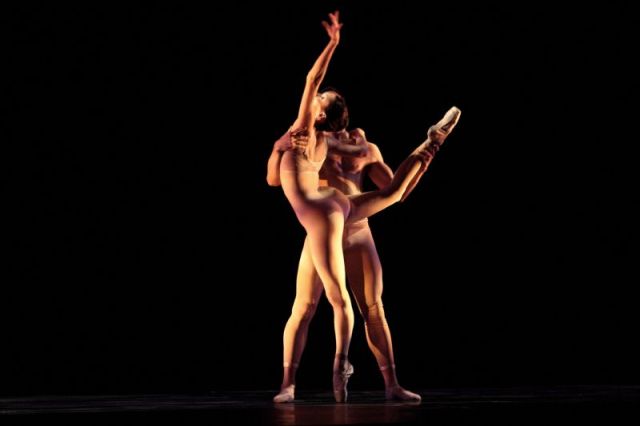
The Dhammapada gives us what might be one of the most perfectly concentrated poems:
“There is no fire like passion;
there is no losing throw like hatred;
there is no pain like this body;
there is no happiness higher than rest.”
The fact that there is no pain like this body is the root, the seed, and the fountain of so much that calls itself poetry. “How to Fix a Dancer When it Breaks” is cut from that vast fabric, too: an understanding of the body as an active site for pain, perpetrated by one who both wounds and repairs it.
DeGuzman sets a narrative stage of trauma: “bull / horn temper breaking china” threatens the grace of the speaker, whom we read as the dancer. Undeniably, the dancer suffers, but retains a resilience that can withstand their aggressor/medic’s worst violence. The poem takes us through the aftermath of one kind of violence, through the routine of another, ‘healing’ ritual: the repair of the dancer, which is its own tenderness, and, we suspect, its own subversive brutality too.
I best like the ways in which DeGuzman renders the body for us, in terms both medicinal and mechanical: “Life begins in the joints / and facets, yanked cords and pulley systems. / Lumbar and sacral spine spindle.” Though the dancer’s body is ostensibly at rest while being sutured and scoured clean — a “clean slate” and “restart, erase” — the poem sparks, grinds and rotates with an uneasy kinetic energy.
The speculation of repair — its possibilities, its limitations — is under the microscope in this puissant, fierce poem. At its end, we’re given the speaker’s resolve to hold: told to ‘bear it’, they say they will. But we don’t know what will be broken the next time, no matter what arts of medicine and malice may emerge.
Read “How to Fix a Dancer When it Breaks” here.
Genevieve DeGuzman is a poet and writer of fiction. Visit her website here.
 This is the twenty-sixth installment of Other Kinds of Men, a speculative poetry reader in honour of Ursula K. Le Guin. Speculative writing, which encompasses the major genres of mythology, fantasy and science fiction, has often given voice to the most relentless and ungovernable urgencies of this age, and any other. Le Guin understood this: that to write about dragons, ice worlds and other seeming oddities was, in fact, to write into the messy, riotous complexity of ourselves. Here’s to dragons, and here’s to Ursula.
This is the twenty-sixth installment of Other Kinds of Men, a speculative poetry reader in honour of Ursula K. Le Guin. Speculative writing, which encompasses the major genres of mythology, fantasy and science fiction, has often given voice to the most relentless and ungovernable urgencies of this age, and any other. Le Guin understood this: that to write about dragons, ice worlds and other seeming oddities was, in fact, to write into the messy, riotous complexity of ourselves. Here’s to dragons, and here’s to Ursula.
